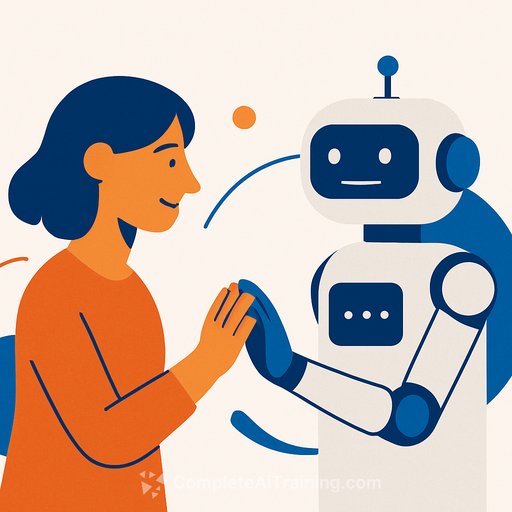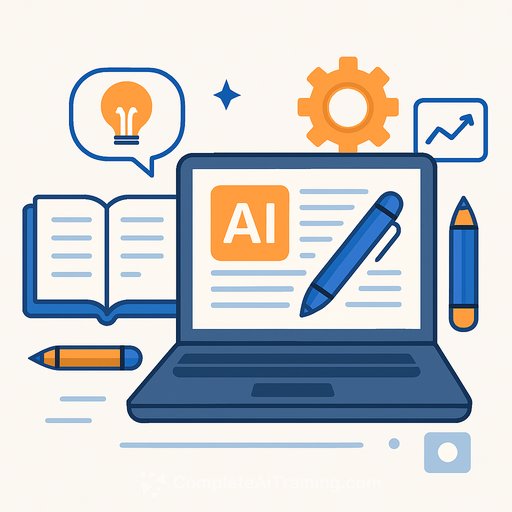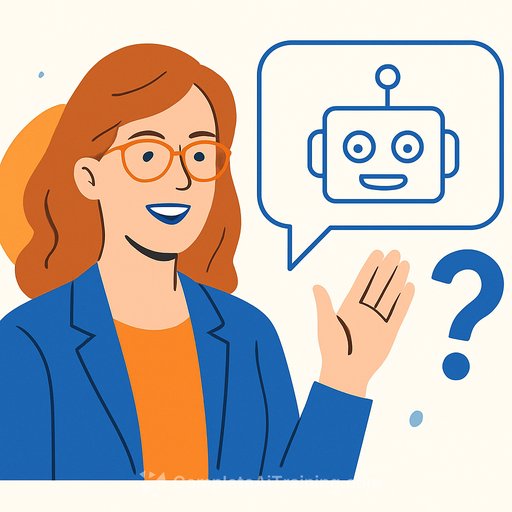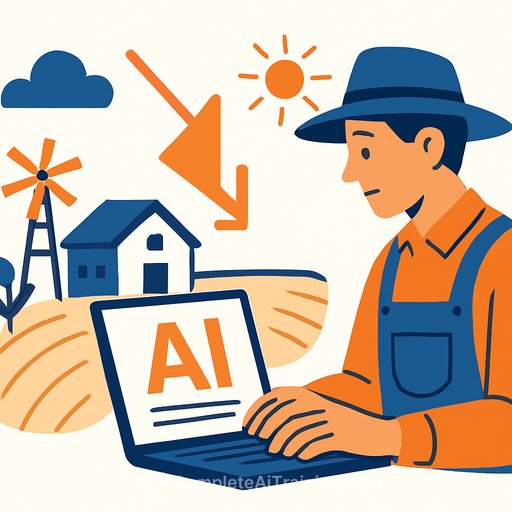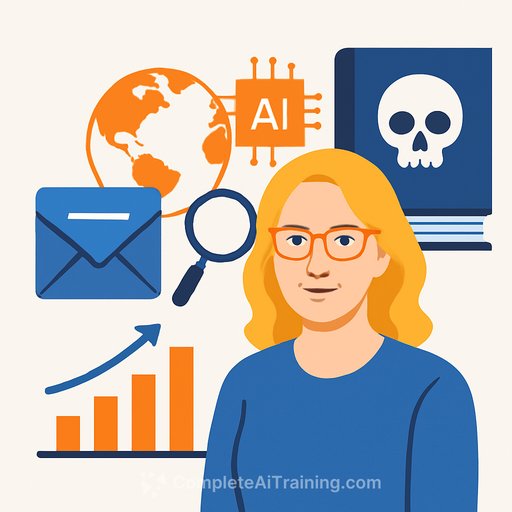AI Can Write the Pitch, but Only Humans Can Read the Room
Artificial intelligence is making impressive strides, often performing tasks faster and more accurately than humans. Yet, when it comes to roles that require trust-building and influencing others, humans still hold a distinct advantage.
AI's Progress and the Human Edge
Recently, Google’s Gemini AI model showcased its abilities by solving five out of six problems in the International Mathematics Olympiad—a performance comparable to a gold medal. Despite such advances, human skill remains crucial. For instance, a Polish programmer recently outperformed an OpenAI model in a grueling 10-hour coding contest, proving that human creativity and endurance still matter.
As AI continues to improve, the question arises: Are there areas where human relevance is guaranteed? And how should education systems prepare future generations for an AI-driven workplace?
Winning Friends and Influencing People
While AI may alter the nature of work, widespread job loss seems unlikely. Instead, AI will change what tasks are scarce and valuable. Skills like graphic design, writing, and coding may become more accessible, but new roles will emerge, much like past technological shifts.
One clear human advantage lies in understanding and influencing decision makers. Purchasing, investments, and hiring decisions are personal and rooted in trust—a domain where humans excel. People can read tone, body language, and mood, tailoring their approach in ways AI cannot.
AI can draft speeches or polish presentations, but it cannot replace the insight gained from personal interaction. Knowing someone’s preferences often trumps raw knowledge. Networking and trust-building remain deeply human activities, and leadership—relying on communication, negotiation, and empathy—will continue to need a human touch.
The Human Factor in Stories and Sports
Storytelling connects us through authentic experience. Readers and viewers value narratives grounded in genuine human emotion—something AI-generated content struggles to replicate fully.
Take The Salt Path, a memoir turned movie about a couple facing hardship and illness. Its emotional resonance stirred many, though later reports questioned parts of its truth. This example shows how authenticity impacts a story's value and audience trust.
Sports also highlight human drama. Fans are drawn to rivalries, unexpected victories, and split-second decisions. Even in chess, where computers dominate, audiences flock to live games featuring human players. Just as handcrafted goods remain prized, human involvement in creative content—whether books, films, or sports—will keep its unique value.
Skills and Content Mastery Will Stay Essential
There’s ongoing debate about the value of learning skills AI can outperform us in. The answer is yes—mastery of fundamentals remains critical. Without basic literacy or subject knowledge, AI output is meaningless.
For example, a physics graduate will interpret AI-generated explanations differently than a primary school student. Writers with a strong grasp of style and composition will refine AI drafts better than those without. The same applies to art, design, and music.
Experts are needed to validate and adjust AI work to meet high standards. In programming, AI can handle routine code, but human engineers are essential when debugging complex issues.
At the research frontier, domain experts using AI tools will push knowledge further than non-experts with the same AI access. This highlights why young professionals must gain experience to add value beyond what AI can do.
Employers should support opportunities for young workers to develop skills alongside AI tools. Investing in human competencies ensures AI complements rather than replaces human capability.
For those interested in enhancing their AI skills while maintaining human expertise, Complete AI Training offers practical courses bridging this gap.
Your membership also unlocks:

